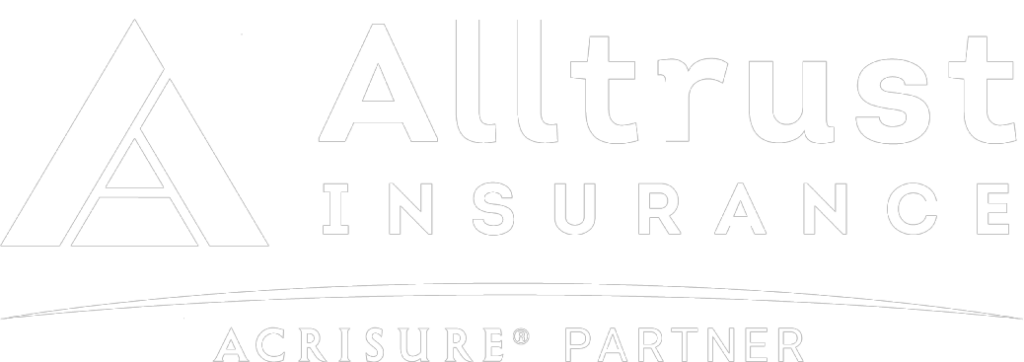On November 2, the Internal Revenue Service (IRS) issued revised FAQs on the employer shared responsibility provisions under the Affordable Care Act (ACA). Question sets 55-58 now detail the procedure the IRS will use to begin issuing proposed penalty assessments to employers that failed to comply with these provisions in 2015. Though the IRS was previously silent on the details of penalty assessments, this new information serves as a reminder to employers that compliance enforcement is a priority for the IRS.
Employer Shared Responsibility Provisions
Under the ACA’s employer shared responsibility provisions, Applicable Large Employers (ALEs) are required to offer health coverage to full-time employees and their dependents that both provides minimum value and is affordable. Penalties may be assessed against an employer that either fails to offer health coverage to enough of its full-time employees and dependents, or offers coverage that fails to provide minimum value and/or meet affordability standards.
In 2015, ALEs were required to offer coverage to at least 70% of their full-time employees and dependents, and the monthly cost to the employee for self-only coverage could not exceed 9.56% of the employee’s income. ALEs with fewer than 100 full-time employees had transition relief available.
Penalty Assessment Process
The IRS will use Letter 226J to notify employers that it determines, for at least one month of the year, had a full-time employee enrolled in a health plan for which a premium tax credit was allowed. The Letter will include an estimated monthly penalty amount along with a list of full-time employees for whom the penalty applies. Information provided by the employer on 2015 ACA reporting Forms
1094-C- and 1095-C will be used by the IRS to make these determinations. The IRS intends to issue Letters 226J for the 2015 year in late 2017.
An employer that receives a Letter 226J will have an opportunity to respond to the IRS in writing to either agree with or dispute the IRS’s proposed assessment. In the event a penalty is ultimately assessed, the employer will receive Notice CP220J and will need to make its payment pursuant to the instructions included therein.
Action Items
While it’s too late for employers to enact compliance strategies that could prevent a 2015 penalty assessment, there are several important considerations for employers going forward:
- If a Letter 226J is received, employers have 30 days to respond to the IRS, in writing, that the employer either agrees with the assessment or disagrees, in whole or in part. Failure to timely respond to will result in an automatic assessment of the IRS’s proposed penalty amount.
- Employers should designate a contact person within the organization to handle responses to the IRS should a Letter be received.
- Accurate record-keeping will be essential, both for past and future years.
- The IRS now has a process through which to administer penalties. Thus, employers should take seriously their ongoing obligations under the ACA, including 2017 ACA reporting.
If you have questions regarding these penalties please CONTACT US today.
The materials and information contained in this email represent the opinions of Alltrust Insurance, Inc. and are for informational purposes only, not for the purpose of providing legal advice. The opinions expressed in this communication are made based on currently available information and are subject to change at any time. For advice about a specific legal question or situation in your organization, Alltrust Insurance, Inc. recommends you contact legal counsel of your choice.




